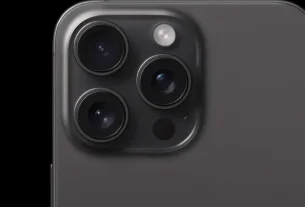Elon Musk develops chip for the blind, receives approval.
Neuralink, Elon Musk’s brain-chip startup, has acquired the US Food and Drug Administration’s “breakthrough device” designation for its experimental implant, Blindsight.
The gadget, known as ‘Blindsight,’ is intended to restore vision to people who are completely or partially blind, including those who have non-functional optic nerves. “We earned Breakthrough Device Designation from the FDA for Blindsight.
“Join us on our journey to restore sight to people who have lost it. On Tuesday, Neuralink posted on its X page, “Apply to our Patient Registry and see our career page for openings.”
According to Reuters, the FDA gives its breakthrough classification to medical devices that treat or diagnose life-threatening illnesses, which speeds up their development and approval.
Musk also announced the update on his X social media platform, emphasizing Blindsight’s ability to recover eyesight in even the most severe blindness instances. “The Blindsight technology from Neuralink will allow people who have lost both eyes and their optic nerve to see.
“Provided the visual cortex remains intact, it will even allow people who have been blind from birth to see for the first time. “To set expectations correctly, the vision will be at first be low resolution, like Atari graphics, but eventually it has the potential to be better than natural vision and enable you to see in infrared, ultraviolet or even radar wavelengths, like Geordi La Forge.” Musk posted on X.com.
Elon Musk co-founded Neuralink in 2016 with the goal of developing new brain-computer interfaces that will change therapies for neurological illnesses. Neuralink’s technology involves a brain implant that reads neural signals and wirelessly transfers them to other devices, such as computers and mobile phones.
According to Business World, Neuralink is also developing an implant that would allow paraplyzed people to manage digital gadgets with their thoughts.
Neuralink is also said to be undertaking a clinical research with three participants to assess the device’s efficacy in helping people with spinal cord injuries.
It was widely reported in August 2024 that Neuralink’s brain-computer interface had been successfully implanted in a second patient, who can now control video games and create 3D drawings using just their thoughts.



